
Session 4: What's Next for District Thermal Energy Networks?
Panel Discussion - Representatives from IDEA member organizations will discuss the following questions: o How does thermal energy technology adapt to energy density? What works best, where and why? o How does a thermal energy network unlock and capture value produced for positive impact on the electricity grid? o Where does district energy fit in the discussion around managing an equitable re-sizing of local natural gas distribution networks? o How important are federal, state, provincial or local policies to deployment of district thermal networks? o How can states/provinces/cities support the energy transition in this new era of federal policies? o The Goldilocks Conundrum - How much regulation is "just right"? o Codes and compliance - Are state and local building codes helpful or a hindrance to holistic thermal energy network solutions? o Risks, rewards and rate base: What comes after pilot programs? How can the industry accelerate aggregation & integration? What is the best approach to enable thermal network investment in regulated utility rate base models? o What comes next for district thermal energy networks?
Keywords:

Nicole Abene, JD
Senior Manager, NY Legislative & Regulatory Policy
Building Decarbonization Coalition
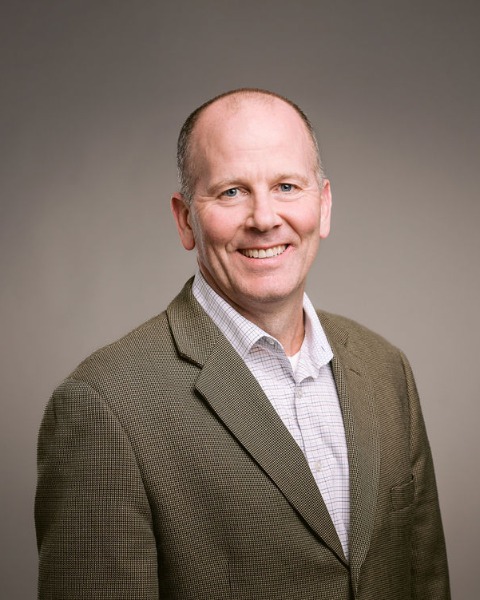
Michael Ahern
SVP, System Development
Ever-Green Energy, Inc.
Michael Ahern has over 30 years of experience in leading development, engineering, construction, operation, and management of industrial and energy systems. This includes operational oversight of businesses in the industrial and energy fields, with a specific focus on district systems over the last fifteen years. At Ever-Green, he leads the development and advancement of mission-based campus and community energy and utility systems that achieve clients’ strategic goals. Ahern holds a BS in Business Finance from the University of Notre Dame, with an International Business Minor.
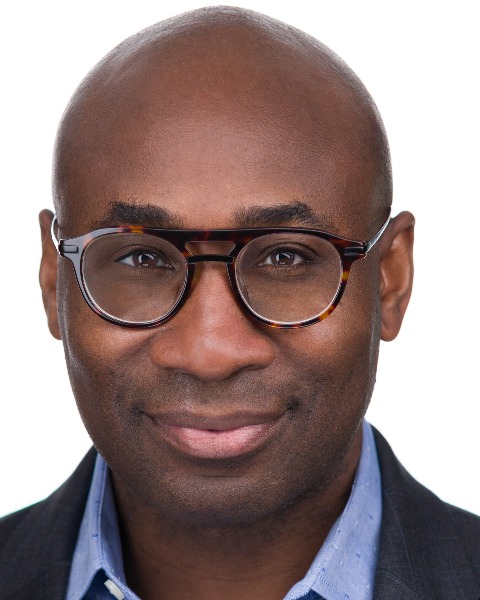
Wayne Barnett
Head, Public Policy & External Affairs
Cordia
Head, Public Policy & External Affairs
wayne.Barnett@cordiaenergy.com
Mr. Barnett support Cordia’s core business across the US and advance the company’s and individual project interests. He leads initiatives that build and execute brand awareness, strengthen marketing and communications, raise corporate visibility, foster strategic partnerships, and expand relationships with policymakers, energy infrastructure industry leaders, and other influencers and stakeholders. With a focus on public policy, advocate for sound regulatory frameworks and policies that align with Cordia’s objectives and promote sustainable energy infrastructure development.
Mr. Barnett has over 24 years of experience in the energy infrastructure and finance sectors including taxable and tax-exempt capital markets, public finance banking, integrated facility management (IFM), demand side energy efficiency, thermal district, and distributed energy. He is a member of the corporate Diversity, Equity & Inclusion (DEI) Committee and Co-Chair of the BIPOC Employees Resource Group.
Wayne holds a bachelor's degree in business administration from Montreat College and a graduate certificate in economic development from the University of Pennsylvania's Fels Institute of Government.
Prior to joining Cordia, Mr. Barnett has had strategic roles with Aramark, Constellation, NW Financial Group and Wells Fargo Bank.
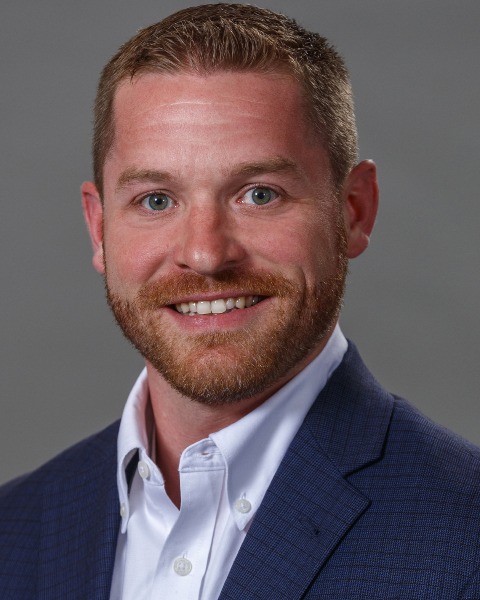
Mitch DeWein, CEM
Vice President, Business Practice Leader - Generation & Energy Management
CHA Consulting, Inc
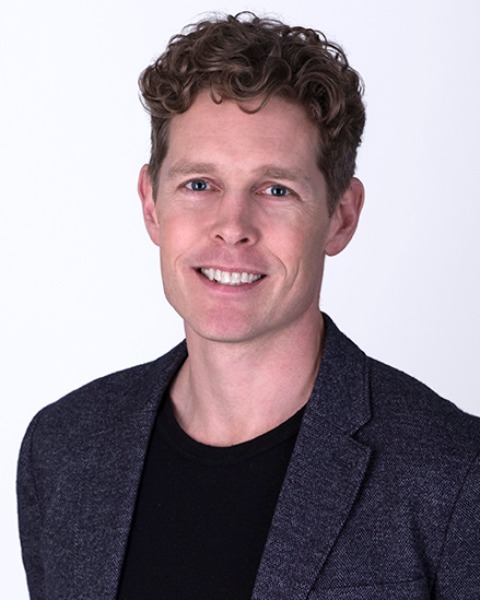
Gerard MacDonald, LEED AP, P Eng (Non-Practising)
Principal
Reshape Infrastructure Strategies
Gerard is a Principal with Reshape Infrastructure Strategies, an development and advisory firm based in Vancouver, BC that operates across North America. He is a Professional Engineer (non-practising) with a Master’s degree in Clean Energy Engineering. Gerard has twenty years of experience in green buildings and district energy/thermal energy networks. He supports energy utilities, master plan developers, campuses, and municipalities to accelerate the energy transition. 125%
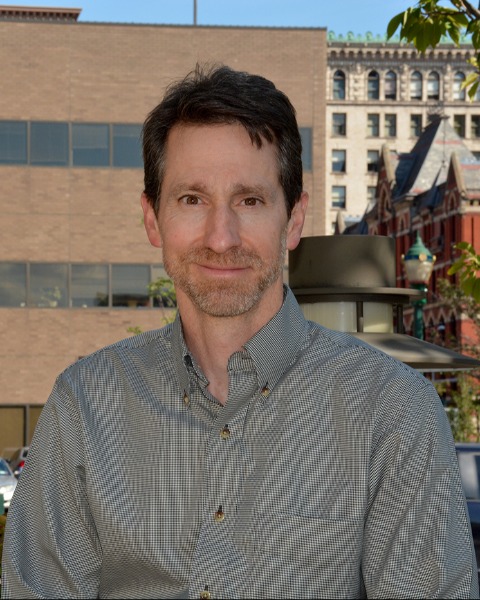
Rob Neimeier
Client & Market Officer
Ramboll
Rob Neimeier, Client & Market Officer at Ramboll – Rob Neimeier has 33 years of consulting experience including program and project management for public and private higher education, public agencies, and municipalities with energy reduction and climate action goals. He works with many State University of New York (SUNY) campuses to develop and implement energy master plans focused on decarbonization and transitioning from fossil fuels to alternative low carbon energy supply technologies to align with the New York State Climate Leadership and Community Protection Act (CLCPA). Rob also works with NYSERDA on Thermal Energy Network Potential in NYS and the NYS Department of Public Service (DPS) on efforts related to the Utility Thermal Energy Network and Jobs Act.
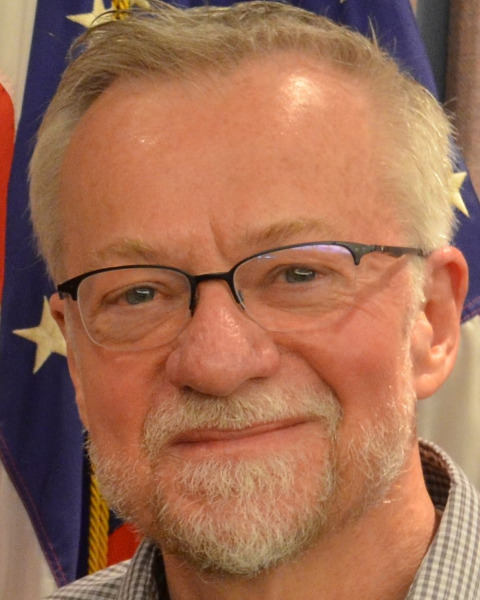
Mark Spurr
Principal
FVB Energy Inc.
Mark Spurr has been a district energy consultant since 1985 and has played a key role in the growth of District Energy in the U.S. and the Middle East. He advises utilities, cities and universities regarding creation of new thermal energy businesses, district energy system design, economic analysis, energy infrastructure and decarbonization master planning, rate design and due diligence review for asset acquisitions or sales. Current work focuses on design of new low-to-no carbon greenfield systems and on decarbonization of existing district energy systems.
In addition to serving many private and public sector clients, since 1990 Mark has also served as Legislative Director of the International District Energy Association, where he is responsible for developing and advocating policies, legislation and regulations to encourage the expansion of district energy systems. Mark is IDEA’s point person on the Inflation Reduction Act of 2022 and has extensive knowledge of the IRA incentives and related proposed regulations.
Mark has led the development of international design guidance documents relating to conversion and connection of buildings for district energy service, design of district cooling systems, and integration of waste heat recovery and renewable energy in sustainable energy systems.
